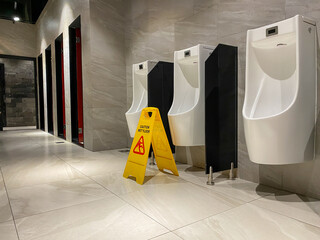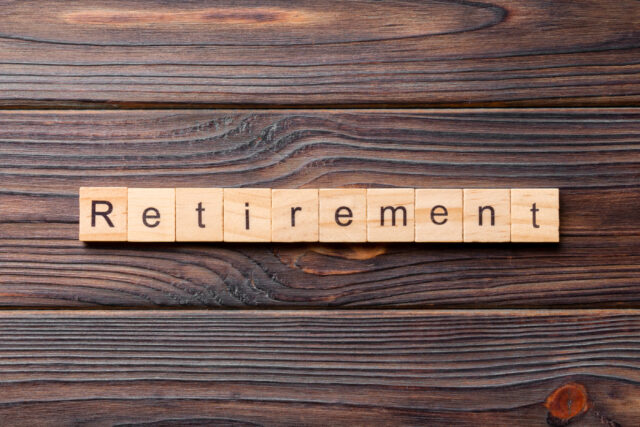When an individual is injured in a hotel accident, determining liability is important for any following legal action. However, it can be extremely complex. Hotels have a legal duty to keep their guests safe, but there may be circumstances when the guest themselves or another individual causes or contributes to an accident. It is imperative that you fully understand your legal rights and options after sustaining an injury and damages. Reach out to an experienced Bergen County injury lawyer today to discuss your legal rights and options.

How Does Liability Work in a Hotel Accident?
The process of determining liability is the same in a hotel accident as in any other situation. Evidence must be gathered and evaluated in an effort to get a clear picture of the circumstances and determine who was responsible for the accident and ensuing damages.
Liability is based on which individual or entity caused the circumstances that led to the accident and whether there was an opportunity to avoid injuries and damages. Premises liability and comparative negligence are two important legal concepts that relate to liability in a personal injury accident.
What is Premises Liability?
Premises liability is a law that holds property owners responsible for injuries that occur on their property due to unsafe conditions. Under this legal concept, owners or inhabitants of a property are legally obligated to provide guests with a reasonably safe environment and take action to prevent accidents, like performing regular inspections and maintenance of the premises.
The hotel has a duty to ensure the safety of guests, so if the owner or management did not identify or address a dangerous condition in a timely manner and someone is injured as a result, the company could be held liable for the resulting injuries.
What is Comparative Negligence?
While hotels are often responsible for accidents that occur on their property, they may not be entirely to blame. New Jersey has a modified comparative negligence system, which determines how liability is shared between all of the parties involved in an accident. Under this concept, more than one individual or entity could have contributed to the incident and therefore be partially responsible.
For example, imagine a guest slips in the hotel lobby because there is a leak. If there was a caution sign, but the guest did not notice it because they were distracted by their phone, they could be partially at fault for their own injuries. The amount of compensation that a guest is entitled to is then reduced based on the percentage at which they are found at fault.
It is also important to keep in mind that another guest, a contracted worker of the hotel, or another third party could be held liable depending on the details of the accident. For skilled legal advice and representation, contact an experienced personal injury lawyer today.


